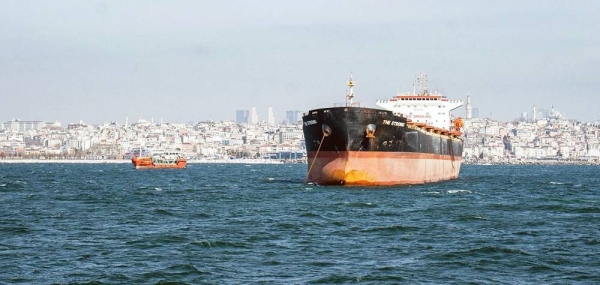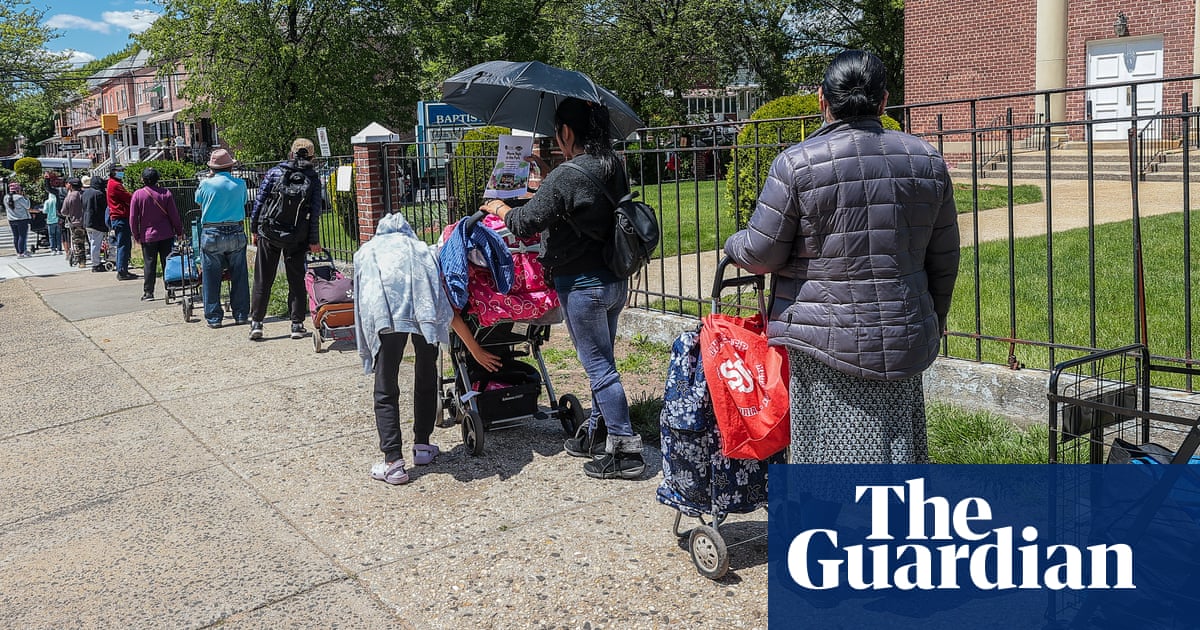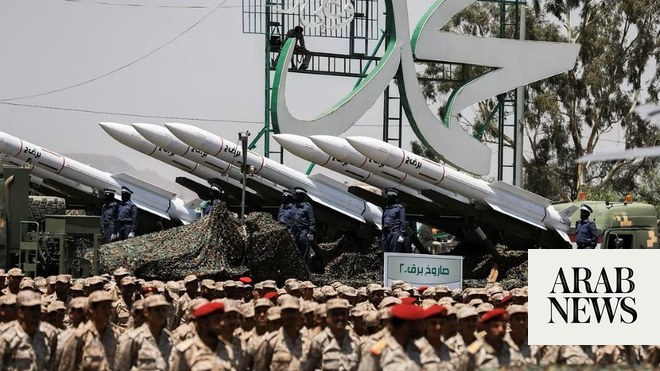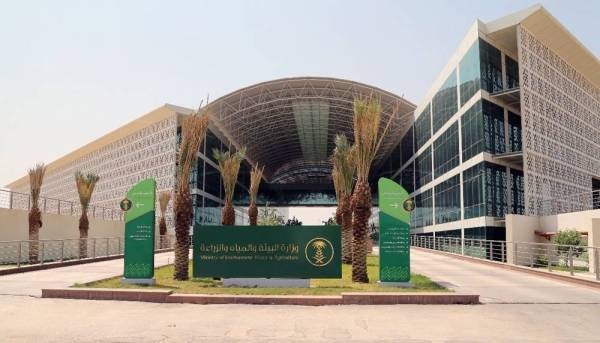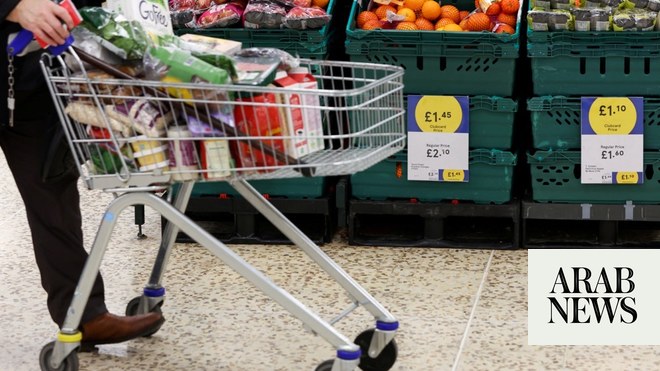
UN-brokered deal on allowing Ukrainian food to be exported must continue
Luke Coffey
Since Russia’s invasion of Ukraine in February, the Russian navy has blockaded Ukrainian ports, halting critical exports of wheat and other foodstuffs to the rest of the world. This is a serious matter.
Ukraine is the world’s largest exporter of sunflower oil, the fourth-largest exporter of corn and the fifth-largest exporter of wheat. In particular, the Middle East and North Africa region is dependent on Ukrainian grain. For example, 81 percent of Lebanon’s wheat imports come from Ukraine. For Qatar, the total is 64 percent. About half of Tunisia and Libya wheat imports come from Ukraine, as do just over a quarter of Egypt’s.
There are global implications, too. Commodity and energy prices are already rising in most economies around the world. This inflationary economic situation is exacerbated by skyrocketing global food prices resulting from the war in Ukraine.
Five months into the conflict, the impact of Russia’s blockade is being felt. The UN World Food Programme estimates that 47 million people are now in a state of “acute hunger” due to the war. Pressure has been mounting on the international community to do something. Finally, after weeks of talks behind the scenes, the UN and Turkey brokered a deal with Russia and Ukraine that would allow Ukrainian food to be exported to global markets despite the Russian blockade.
At the ceremony marking the agreement last week, UN Secretary-General Antonio Guterres proudly announced: “Today, there is a beacon on the Black Sea. A beacon of hope, a beacon of possibility, a beacon of relief — in a world that needs it more than ever.”
This optimism was short-lived.
Less than 24 hours after signing the agreement, Russia launched a cruise missile attack on the port at Odesa — one of the locations identified in the agreement as being allowed to ship Ukrainian grain.
This was a clear violation of the deal. Section C of the agreement states: “The parties will not undertake any attacks against merchant vessels and other civilian vessels and port facilities engaged in this initiative.”
At first Russia denied the attack. Several hours later, Russian Foreign Ministry spokeswoman Maria Zakharova admitted responsibility for the strike, but said that only legitimate military sites were targeted, including “military infrastructure” and a Ukrainian “patrol boat.”
However, the Ukrainians deny that such targets were in Odesa on the day of the attack. There has been no evidence provided by the Russians that these alleged military targets were present. In fact, videos of the strike posted on social media back Ukraine’s claim.
Since 2014 cease-fires have come and gone in Ukraine. The first attempt at a truce in September 2014, the so-called Minsk Protocols, also known as Minsk I, was an immediate failure. In February 2015, another attempt was made, called Minsk II. Before the ink was even dry on that agreement, Russian-backed separatists were attacking, killing and wounding Ukrainian soldiers defending the important city of Debaltseve in the Donbas. According to reports at the time, Russian-backed proxies violated the agreement 139 times in the first 24 hours alone — almost once every 10 minutes.
Looking at this track record, it should have come at no surprise that Odesa’s port was attacked so soon after an agreement was made to export Ukrainian food.
Does this mean that the grain deal is dead? It remains to be seen. But if Russia continues to attack the ports that are meant to be used to help lift 47 million people out of “acute hunger,” the agreement does not look like it will survive.
It is time for the region, and the countries most affected by food shortages, to become the most vocal with Russia. In the past 50 years, there have been numerous occasions when a surge in food prices has led to instability, rioting and revolution in the MENA region. The 1977 food riots in Egypt and the 2011 Arab Spring are two examples. Moscow needs to hear why it should allow Ukrainian food to be exported before it is too late.
If Russia continues its blockade and fails to honor its side of the recent grain agreement, there is a genuine threat of hunger and instability. This is the last thing the MENA region, or indeed the world, needs.
• Luke Coffey is a senior fellow at the Hudson Institute. Twitter: @LukeDCoffey




